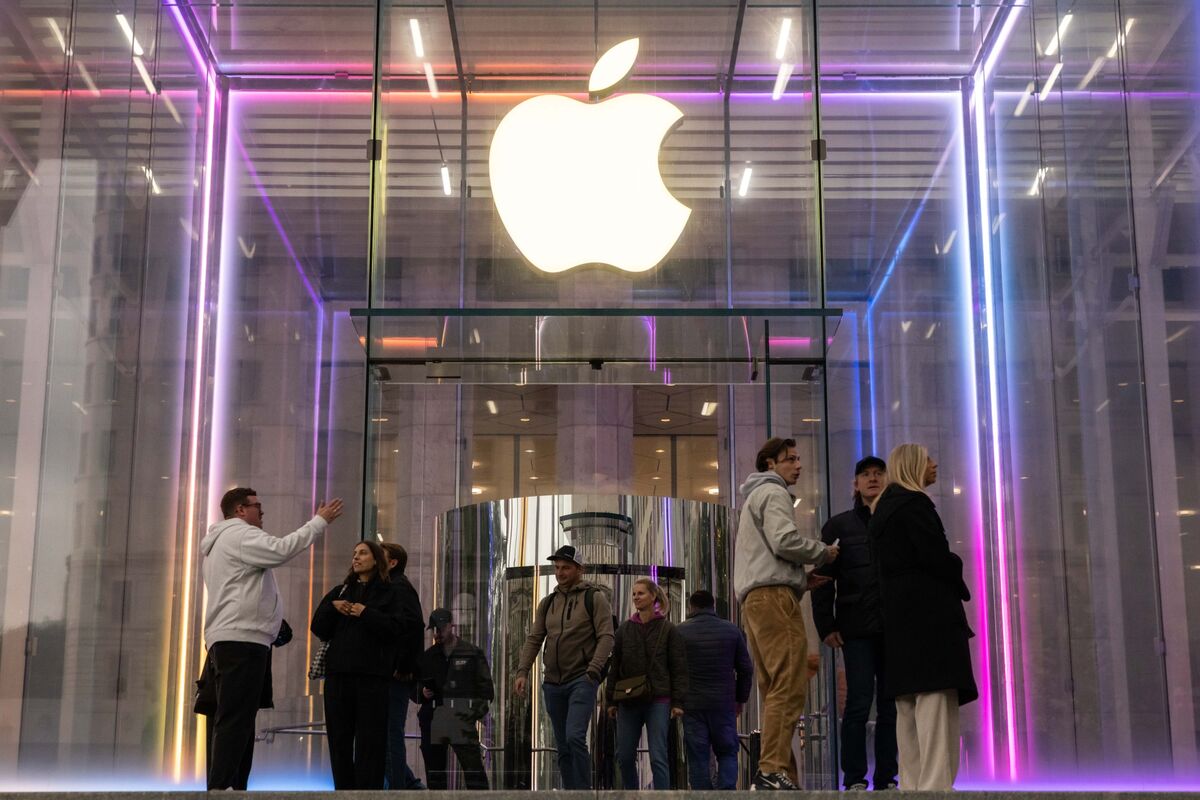Copyright acpcongo

Today, we are moving in a world of finance where Fintech companies and traditional banks provide financial services to their customers; however, they do so in different ways. You should know that Fintech companies use the latest technologies to provide financial services. On the other hand, traditional banks comply with their traditional methods of providing their finance-related services to potential consumers. Read on to learn more. Fintech – What Is It When it comes to the comparison of Fintech vs traditional banks, you must first understand how Fintech companies work to fully understand the difference. At the core of Fintech companies like SoFi, you will find the use of innovative technology with the goal of offering convenient, digital, and cost-effective financial services. On the other hand, traditional banks provide a wider range of services, including personalized support and extensive regulatory oversight. Fintech is Data-Driven With Fintech, you should know that it is essentially technology-driven, which is why, compared to a traditional banking system, Fintech excels at innovation and speed. Fintech companies streamline their digital processes as they operate primarily through mobile apps, algorithms, and the latest software. Fintech incorporates the latest technology, such as machine learning and artificial intelligence, to streamline its financial services. Fintech Offers Convenience On one hand, you have the traditional banks that offer stability and physical presence for financial services along with in-person interactions. Now, on the other hand, Fintech focuses on convenience and ensures that its financial services are available anywhere and at any time. What this means is that with Fintech, you do not have to go to a physical location for cash services but leverage an easy digital account setup, faster financial transactions, and other automated financial processes, such as budgeting and financial planning. Traditional Bank Compared to Fintech Now that you have a better understanding of how Fintech works, let us explore how a traditional bank compares to Fintech. As mentioned earlier, traditional banks are focused on physical presence while providing face-to-face support to customers for cash withdrawals, cash deposits, and complex financial transactions. The focus of a traditional bank is mainly on offering personalized financial advice to customers. In contrast to Fintech, traditional banks offer comprehensive financial services and products, which are missing with Fintech, such as loans, wealth management plans, and mortgages. It would not be wrong to state that traditional banks are more about meeting regulatory standards and offering regulatory stability, where the processes might be slower, but the regulatory framework helps with establishing trust and stability. Will Fintech Replace Your Bank By now, you have developed a comprehensive understanding of how Fintech differs from a traditional bank, which leads us to the question of whether or not Fintech will replace your bank. The simple answer to this is: no. The truth is that Fintech is very unlikely to replace your bank. However, you can leverage Fintech to adopt innovative technologies for certain financial services, such as instant access to cash and instant cash transfers. With that said, Fintech is not going to replace traditional banks but will effectively collaborate and coexist to meet customers’ needs.



